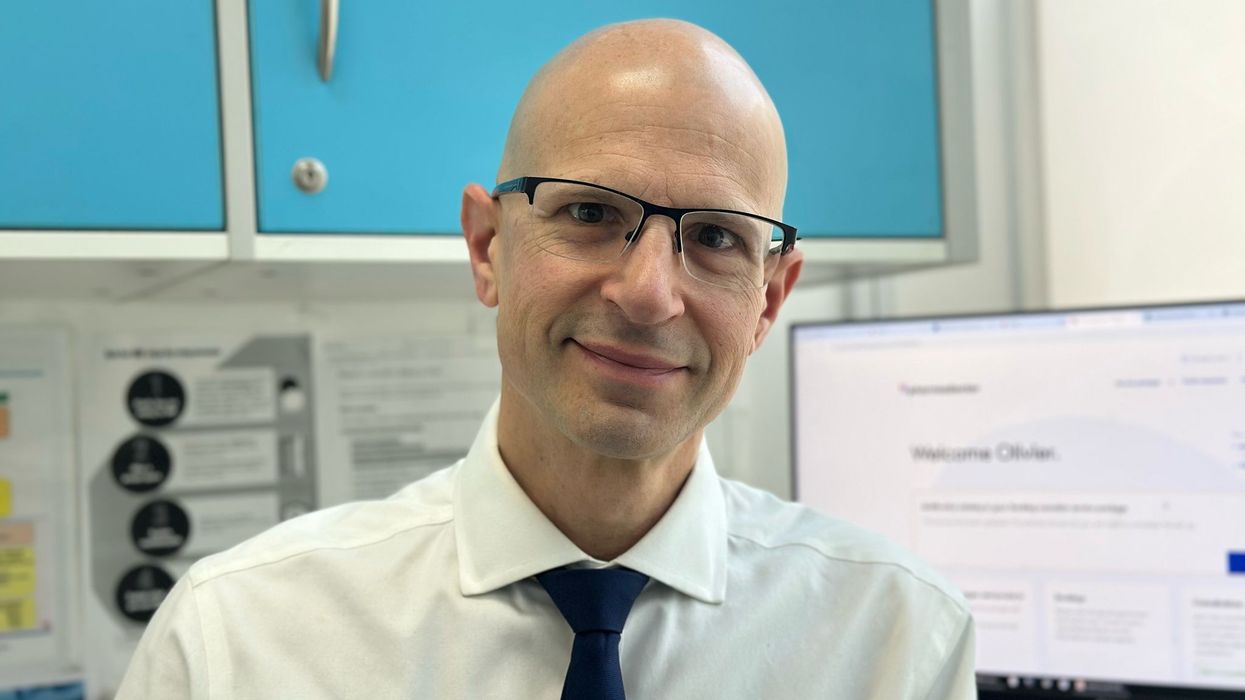With the UK government mandating a gender pay gap reporting by corporates and amid calls for an ethnicity pay gap report, there is an urgent need to make a case for setting up disability pay gap records, said Jay Muthu, director of Organization and People Capability at Entain Group.
“I think we need to kind of lobby the government to make that happen, but unfortunately a lot of disability organisations are still fighting for the basic rights,” Muthu said during a panel discussion on Disability Inclusion In The Workplace held during the Pharmacy Business Diversity Conference on Thursday (December 9).
The session, moderated by the conference chair and BBC presenter Clive Myrie, also had Kate Nash OBE, founder and chief executive officer of Purple Space, which is the world’s only professional development membership hub for disability employee resource groups.
Muthu said: “The challenges are from both sides. There is obviously the societal stigma (attached with disability). There are corporations not being aware and not wanting to educate themselves, and then there is the government not really implementing the right kind of mechanisms to make it happen.
“Government feels disability is a charity case, rather than a talent case.”
Talking about faults in the corporates’ hiring process, he said firms should change their attitude towards employing disabled people.
He said around 15 to 18 per cent of the world’s population were disabled and about 60 per cent of that are unemployed.
“Today, we are hearing terms like the great resignation or the great quit, where there is a huge talent crunch,” while on the other hand “there is probably a huge group of people who could fill in the gaps that talent crunch is creating,” he added.
However, hiring managers are still cagey about recruiting people with disabilities for which they cite multiple reasons such as additional cost to make the workplace conducive for disabled employees, lower performance level by them, etc.
Negating the popular opinions of corporates, he said: “Most people with disabilities, when you give them an opportunity, they will kind of grab it with all their hands and do a good job of it, isn't it and that's true with every minority population.”
Seconding the thoughts shared by Muthu, Nash said: “I believe that there are some halftones in the system.”
She added that reporting data on disability is going to be a big challenge “simply because of some of the stigma that surrounds the experience of disability.”
Nash said: “It can take a very long time for someone with a disability or ill health to share their story of disability is often called a declaration of disability or disclosure, and it often takes people a long time to understand that their experience their hearing experience is the same as that which is enshrined in law.”
She advocated that corporate boards should think deeply about the instruments or measures needed to support their people.
Muthu added that discussing and initiating positive steps for inclusion of disabled people in the workplace is even more more important now because the Covid-19 pandemic has pushed disabled people around five steps backward.
He said: “We're really hoping that the government starts waking up and thinking that we need to address the talent problem through multiple channels and disabled talent to one of those channels.”











